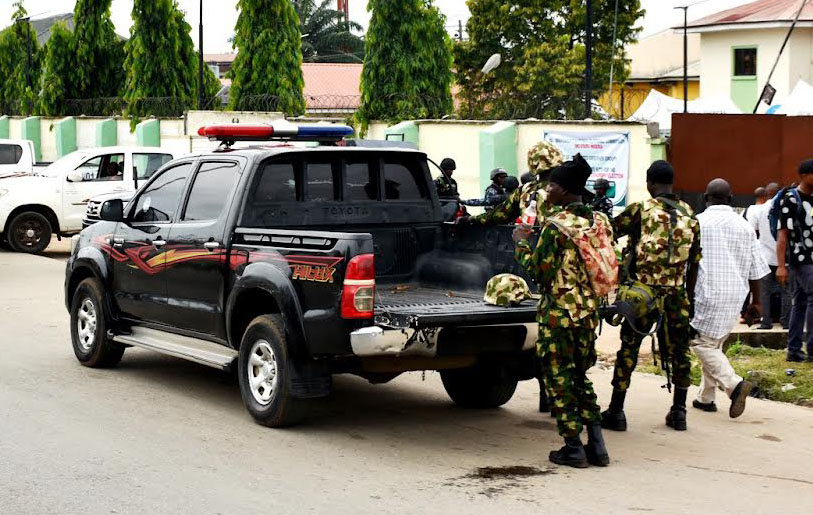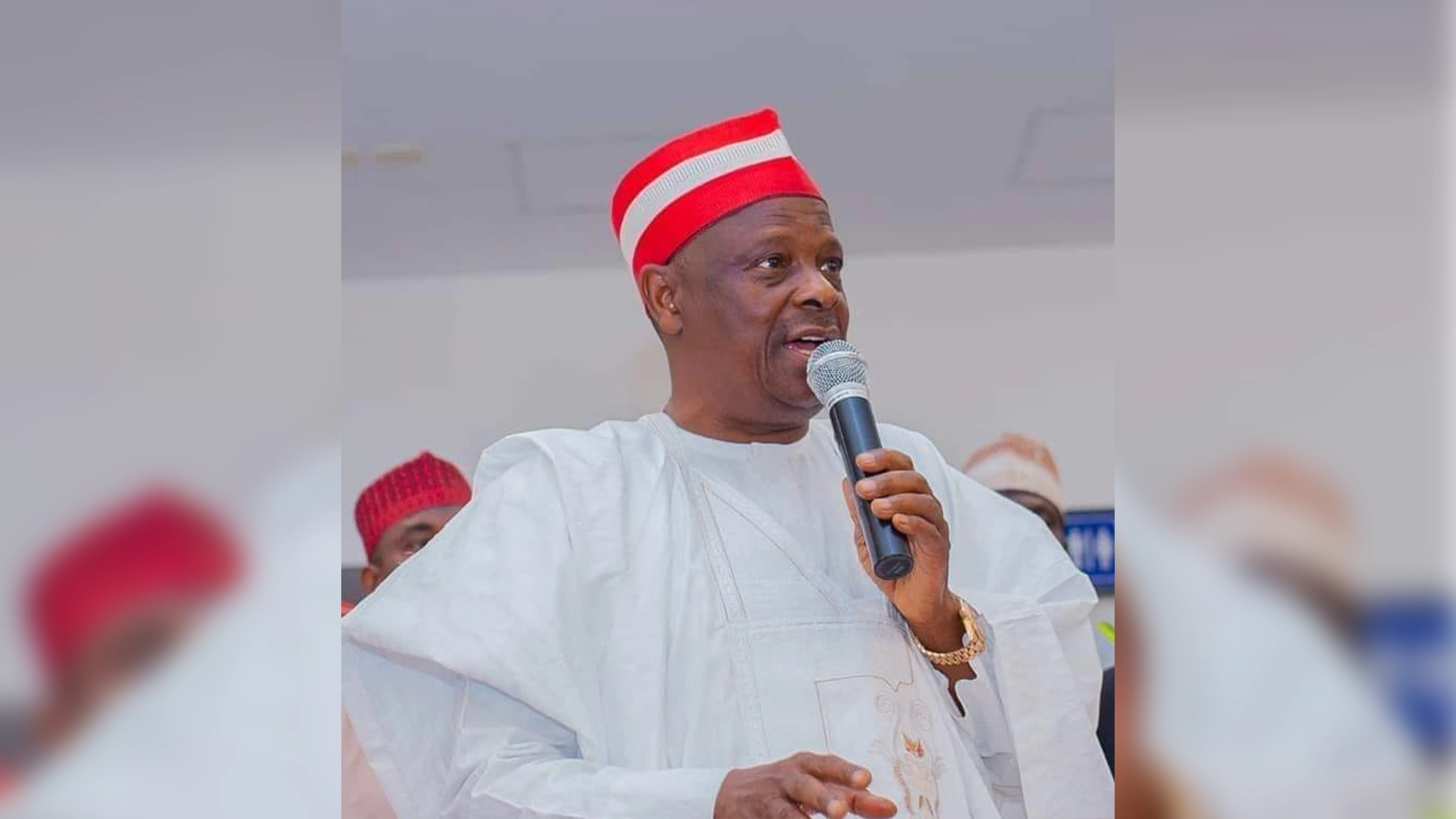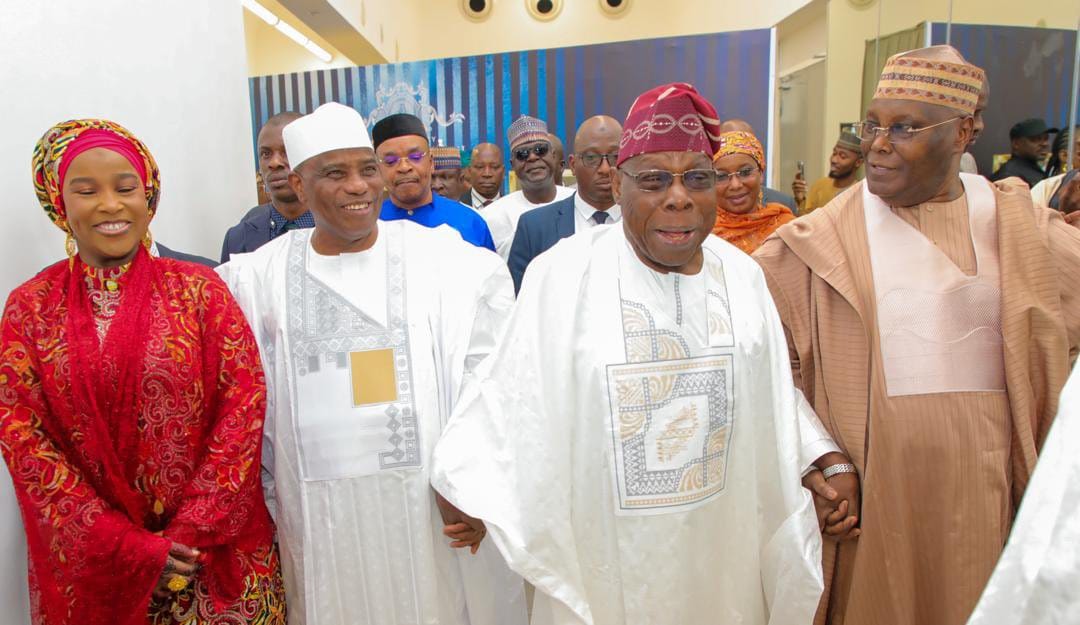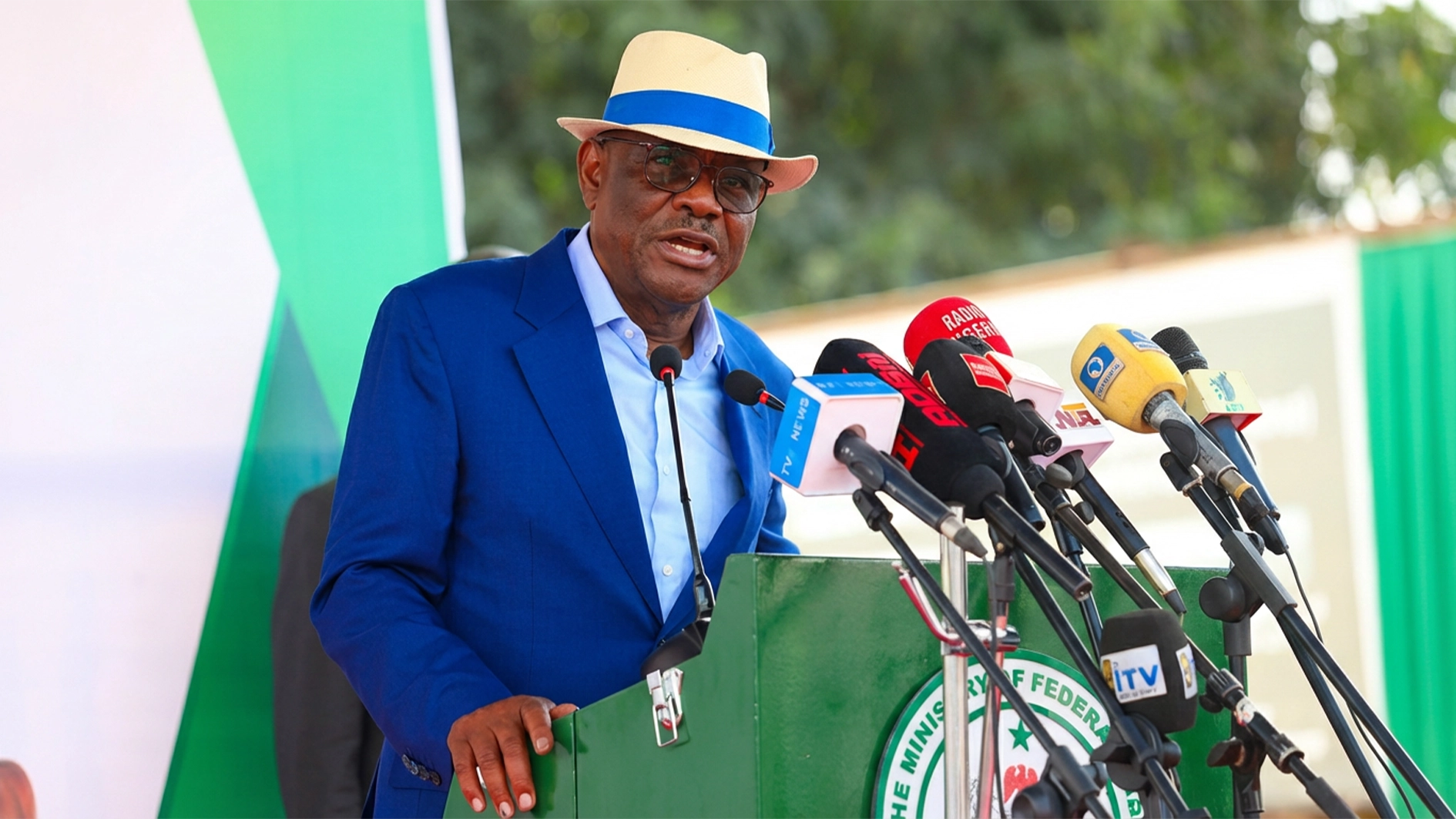
Lawyer, Mr. Evans Ufeli, says it is against the tide for the court to be so powerful to the point of conferring mandate on politicians and contestant, instead of the electorate, attributing this to the failure of the electoral system.
What is your take on the relocation of all electoral appeal cases to Abuja and Lagos only?
I find that very insensitive, in the sense that every state in Nigeria is a component of the country and no state is better or bigger than others. No state has any special status, and that has been laid to rest by the Supreme Court.
It is quite insensitive and smacks of inequality or discrimination to designate only two states to hear all appeals against election tribunal judgments across the country.
It’s true that a lot of lawyers and politicians/petitioners have complained against undue advantage on defendants, especially sitting governors, but instead of dealing with a new vista of dispute, you are now creating a kind of a problem within an existing problem.
In trying to resolve electoral disputes, instead of the system doing so in a way that everyone would be satisfied as to what the right thing should be, you are now creating a problem within the same system.
I find it very appalling; it’s not the right thing to do. The thing to do would have been to ensure that every state has a Court of Appeal. We are even saying that the ones we have now are not enough. It’s not the best thing to do, whatever reasons they must have adduced for the action.
I have a colleague who flew in from Abuja to Asaba for a hearing only to discover that all such cases had been moved to Lagos and Abuja. That’s not good enough and I cannot support such; it seems to be dividing us more than uniting us.
How does this affect justice for all the parties, especially petitioners and defendants?
The issue of justice is based on law and not location. The law will not change just because you moved hearing from one location to another. The facts of the case and arguments will not change just because hearing location was moved from one place to another.
So, generally speaking, that may not hinder justice; justice being the by-product of the facts and application of law, which location cannot truncate or determine.
Nobody, no interested parties should celebrate the relocation of the cases, because there is nothing to celebrate yet, as it is not a call for victory. They should rather prosecute their cases diligently, even as some people express dissatisfaction over the relocation of the cases to Abuja and Lagos only.
Who bears the extra financial cost arising from the relocation, especially by lawyers?
The parties should bear their costs. A lawyer’s relationship with his/her client also matters. Once situations change, definitely the client should know that the economic dynamics and the decision of the court to change location have to be put into consideration.
The court will not fund the lawyer or his/her client’s inconveniences, parties will bear their costs. While that happens, the court should know that it’s not convenient for anyone and it’s not good that such a decision should be taken unilaterally without conferring with the parties involved in the dispute.
It smacks of injustice in itself and negates fair hearing, because the lawyers were not consulted, but only informed.
Are there instances of intimidation or undue interference from interested parties in some of these cases to warrant this relocation?
You know politicians, being who they are, when they win or lose elections, the ones who wins does everything to retain the victory, while the one who lost will do everything possible to upturn the victory. In going about that, politicians will do anything.
They can approach members of the panel to have justice dispensed in their favour. It happens. It then calls for more courageous and dispassionate panel to resist the temptations from interested parties to subvert the course of justice.
That is the big problem in the judicial system as we speak, because the influence of politicians sometimes overwhelms members of the panel. Sometimes you have panel members who are incorruptible, while some are corruptible. From the one that is corruptible, the one that is incorruptible is reached indirectly. Sometimes the whole panel is infiltrated by interested parties/politicians.
The judiciary is becoming the more powerful and final decider of the electoral outcome in the country than even the electorate.
That is the unfortunate thing about our political system, and we have called for reformation of our political system.
Originally speaking, it’s not the duty of the court to confirm mandate on a politician or contestant in any election, instead it is the electorate that should confer mandate on a contestant or politician. But now, we are having the reverse as the case.
Now, people are saying all eyes on the judiciary. What an irony of our democracy. This is happening because the citizens collude with politicians to subvert the electoral process by collecting gratifications and selling their votes, aiding politicians to or by committing electoral offence or by staying aloof.
When the wrong person wins, the loser goes to court and then they will sit back and say the judiciary is the problem of our democracy. I say no to that, because the judiciary did not go to the polls; it was the politicians that went to the polls with the citizens and they both colluded to rough-shod the system and subvert the electoral process, only to turn around and say the judiciary is the problem of Nigeria. I disagree!
So, the court is getting more powerful because the electoral system has failed; hence the court is now conferring mandate, as against the electorate conferring mandate on politicians.






